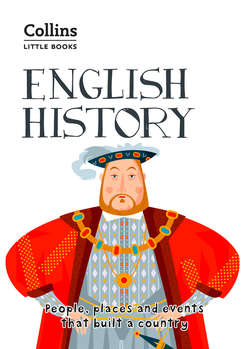Читать книгу English History: People, places and events that built a country - Robert Peal - Страница 16
Оглавление937 | Rex Angloram
Following King Alfred’s death in 899, it fell to his son King Edward the Elder to continue the fight against the Vikings. Edward was greatly helped by his older sister Æthelflæd, who ruled much of the English Midlands as the ‘Lady of Mercia’. Famed for her intelligence and strength, Æthelflæd led her armies into battle against the Vikings, winning back their land for the Anglo-Saxons. King Edward was so impressed by his tough older sister Æthelflaed that he sent his own son, Athelstan, to be brought up by her.
Though he is not much talked about today, some historians say Athelstan should be remembered as the first King of England. When Athelstan became king, Northumbria remained an outpost of Viking power centred around the Viking capital of Jorvik. Athelstan gradually asserted Anglo-Saxon power over Northumbria, and in 937 he won a great victory at the Battle of Brunanburh, against an enormous Scottish, Viking and Northumbrian army. During his reign, Athelstan had new coins minted for his kingdom, on which he gave himself the title Rex Anglorum, meaning ‘King of the English’. For the first time since the Roman conquest, England could be described as a unified country under the rule of a single leader.
